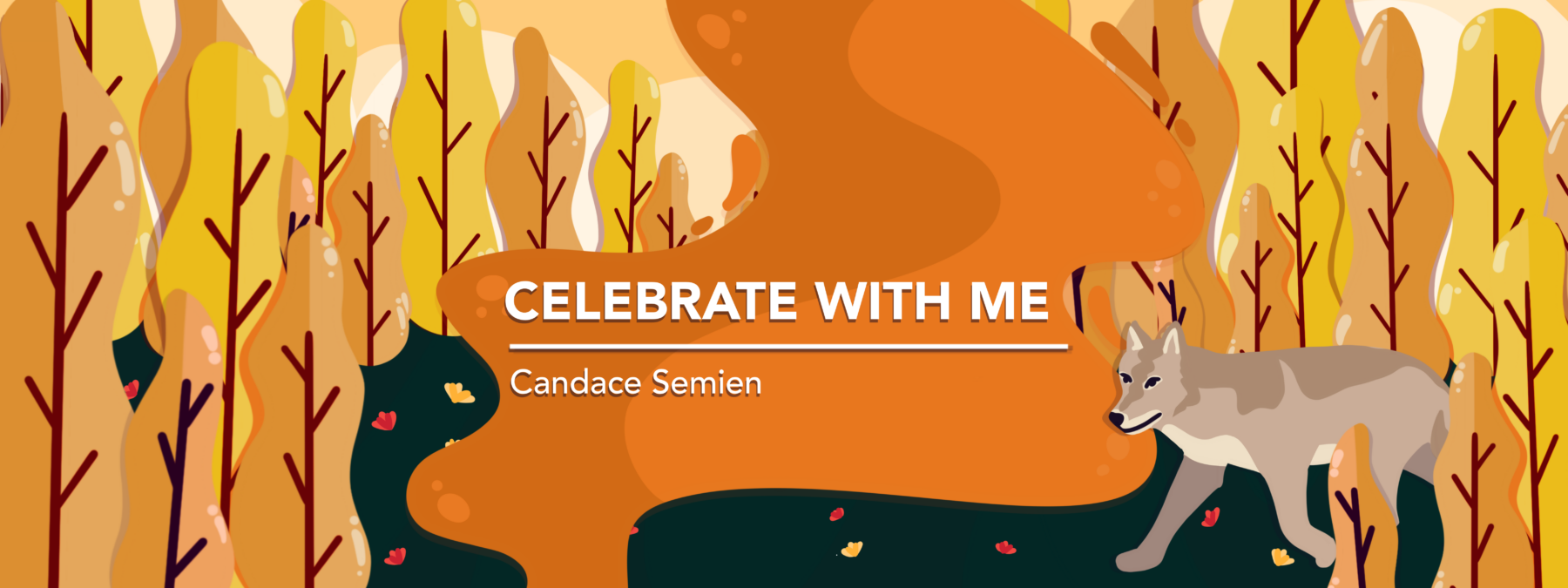We must protect our love when living with chronic illness
Finding ways to preserve relationships, even amid lupus flares
Written by |

In November 2020, Louisiana-based counselor barbara w. green shared a warning in an article published on Medium: “Protect your important relationships from the coronavirus, just as you protect yourself from it. Patience with each other has become more important than ever as we face rising anxieties and stress this pandemic is causing.”
Although she was writing specifically about protecting love during COVID-19, her counsel easily applies to those of us living with chronic, rare, or incurable illnesses like lupus. We must be more patient as we navigate the challenges that arise over the course of our disease.
For nearly five decades, green has helped individuals, families, and groups work through issues in all stages of life. She is also the author of “The Parent Anointing,” “The Great One,” and “a charge to keep.”
Her advice is worth repeating and repurposing for all of us who are living with lupus or another chronic illness.
Whether we’re in the midst of a flare-up or approaching one, I know we can all get to a point where we really don’t want to hear or read another coping suggestion. It can be discouraging. But I’ve found that the more advice I hear, the easier I can find a rhythm to live by.
As hosts of lupus, we not only have to monitor elusive symptoms and be intentional about how we live, but we also have to make sure our partners and loved ones understand our needs. This includes showing our family, friends, and lovers how to “take deliberate, prayerful steps to cover” us during flares, as green suggested. She said we should remember our lover’s standpoint, the important role we play in their life, and how they view us.
There is a belief that love has the capacity to heal and that we heal best in loving communities. As Diana Lindsay, co-founder of Healing Circles Langley, wrote in a blog post on the nonprofit’s website, “Love fuels the will to live, but we have to actively tend the fire.”
If such is the case, then having love, giving love, sharing love, being loved, and exploring love are just as critical as protecting love. We need the medicine of love, taken in large doses, to help us live with lupus.
How to protect our love
So how do we keep and protect our love while living with a chronic illness? In her article, green guided us to pray intentionally, touch deliberately, and show concern for one another. She advised partners to:
- “Try to ‘lean in’ to each other in this season. Gently ask questions that reflect concern and not pull just for information.”
- “Resist the temptation to take each other for granted, assuming that everything is OK.”
- “Know your significant other’s way of expressing fear and concern.”
- “Ask more questions of each other about conditions of emotional stability.”
For the six years that I frequently had lupus flares and was hospitalized, I changed how I talked about my symptoms in order to help those who loved me. We all had to learn to be patient, tolerant, and slow to anger when asking or answering questions about my health. I’m reminded daily that my painful experiences with this brutal foe, this “great imitator”, are confounding for everyone.
During a moment when I wasn’t suffering and was feeling like myself again, a friend asked me to write down instructions about how to care for me during the absolute worst of my flares. That became a list of steps to check off before heading to the emergency room. It was handwritten and affixed to the refrigerator. When I couldn’t express my needs, my family would check the list: “Put ice packs on her back and feet. Bring lemonade or pickles. Check heart rate and blood pressure. Can she take the next dose of her medication? Start her Beluga Bliss bath. Get her to hum.” And so on.
This list allowed us to mollify our fears and start a dialogue on what worked, when, and how. It helped to write down our concerns and practice explaining our needs before sharing them. It allowed my loved ones to give and receive a level of intimacy, support, and care our relationships needed. We adjusted my at-home care as needed, and our confidence and love for each other increased.
Green nailed it when she advised that we try not to assume that we have become a burden or done something wrong if our significant other is behaving differently. “It may be a concern or an issue that has to do with them and not you,” she wrote. It’s important that we “give each other a break. That alone may be the perfect level of protection your relationships need in order to survive … or even thrive.”
To her wisdom, I will add, celebrate the moments when symptoms abate, no matter how brief they may be. Pull on your lover, your spouse, and your best friends, and pray, share, learn, embrace, laugh, kiss, and love fearlessly.
Life is worth celebrating. Celebrate with me.
Note: Lupus News Today is strictly a news and information website about the disease. It does not provide medical advice, diagnosis, or treatment. This content is not intended to be a substitute for professional medical advice, diagnosis, or treatment. Always seek the advice of your physician or other qualified health provider with any questions you may have regarding a medical condition. Never disregard professional medical advice or delay in seeking it because of something you have read on this website. The opinions expressed in this column are not those of Lupus News Today or its parent company, Bionews, and are intended to spark discussion about issues pertaining to lupus.







Barbara Green
Thanks, my friend for all the help you’ve given these past years. And here I am, with much more to say and looking for more readers to read the words. What would have I done without you, though? Thanks for your help, thoughtfulness and advice. Even though I am yet writing, I am yet searching for “my” readers. They are “out there”, and with the support God gives to people such as Candace Josef Simien, to help people such as myself, Thanks for all have done, and all your support.. “Our Day Will Come, if we just wait awhile”.